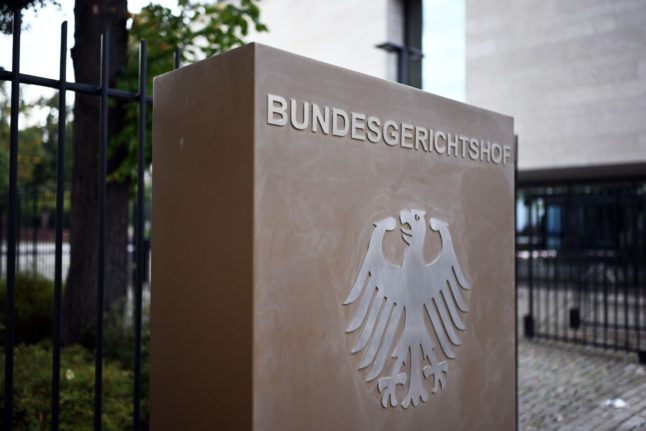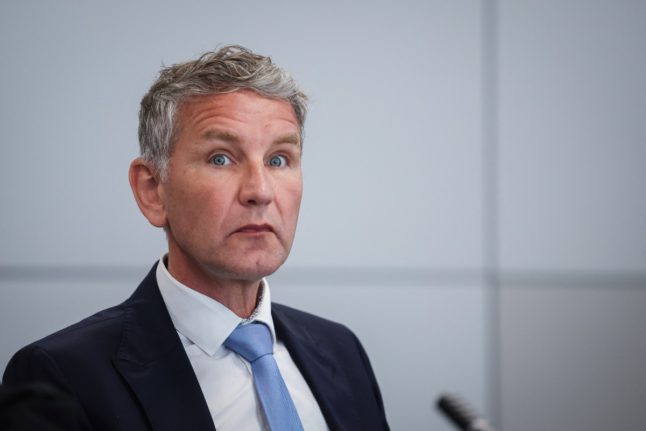Three were arrested in North Rhine-Westphalia state, who are “strongly suspected of planning an Islamist-motivated terror attack and of having committed to carrying it out”, Düsseldorf prosecutors said in a statement.
The trio had also “committed to carrying out a crime — murder and manslaughter”, Düsseldorf prosecutors added.
Separately, prosecutors in Stuttgart said a 16-year-old suspect is in custody on “suspicion that he was preparing a serious crime endangering the state”.
Herbert Reul, interior minister of North Rhine-Westphalia, said the group had discussed their plans in telephone chats.
Mobile phones seized by police showed chats discussing the western German cities of Dortmund, Duesseldorf and Cologne as possible locations for attacks, while churches and synagogues were named as targets, said Reul.
The young age of the suspects left Reul “speechless”, with the minister adding it posed a “huge challenge for society as a whole”.
Investigators did not provide further details on the alleged plot, saying the inquiry was still underway.
But Germany’s biggest-selling daily Bild reported that the youths were allegedly planning to carry out Molotov cocktail and knife attacks in the name of the Islamic State group.
Their targets are believed to be Christians and police officers, according to the report, which said the suspects were also weighing whether to obtain firearms.
READ ALSO: How does Germany warn people about the threat of terrorist attacks?
Germany has been on high alert for Islamist attacks since the outbreak of the Israel-Hamas war in October, with the country’s domestic intelligence chief warning that the risk of such assaults is “real and higher than it has been for a long time”.
The country is also particularly nervous about security breaches as it prepares to host the European football championships from mid-June to mid-July.
‘Danger remains acute’
Police had already foiled a suspected plot earlier this year.
Investigators in January arrested three people over an alleged plan targeting the cathedral in Cologne on New Year’s Eve.
Bild reported that the suspects were Tajiks acting for Islamic State-Khorasan (IS-K), the same group believed to have been behind March’s deadly massacre in a Moscow concert hall.
“The danger from Islamist terrorism remains acute,” Interior Minister Nancy Faeser said at the time, describing the Khorasan offshoot as “currently the biggest Islamist threat in Germany”.
Islamist extremists have carried out several attacks in Germany in recent years, the deadliest being a truck rampage at a Berlin Christmas market in December 2016 that killed 12 people.
More recently, two Afghans linked to IS were arrested in Germany in March on suspicion of planning an attack around Sweden’s parliament in retaliation for Koran burnings.
In October, German prosecutors also charged two Syrian brothers for planning an attack inspired by IS on a church in Sweden.
READ ALSO: Two men held in Germany over Swedish parliament terror plot
In December 2022, a Syrian-born Islamist was jailed for 14 years for a knife attack on a train in Bavaria in which four people were injured.
The number of people considered Islamist extremists in Germany fell from 28,290 in 2021 to 27,480 in 2022, according to a report from the BfV federal domestic intelligence agency.
However, in presenting the report, Faeser said Islamist extremism “remains dangerous”.
Germany became a target for jihadist groups during its involvement in the coalition fighting IS in Iraq and Syria, and its deployment in Afghanistan.



 Please whitelist us to continue reading.
Please whitelist us to continue reading.
Member comments